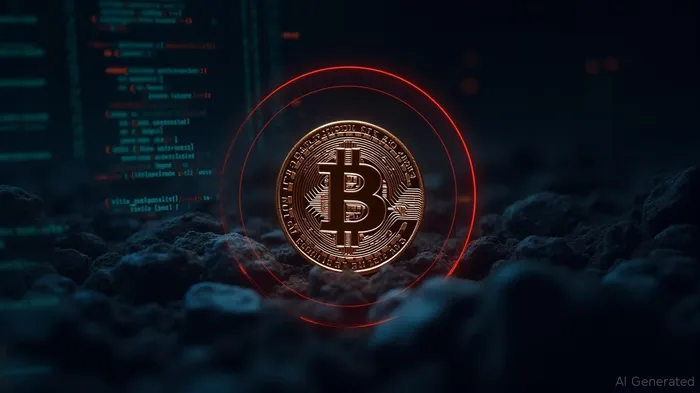Bitcoin Core 30 Release Increases OP_RETURN Data Limit to 4MB
Bitcoin Core, the primary open-source software for the Bitcoin blockchain, has announced that its upcoming version 30 release will increase the default limit for OP_RETURN data transactions from the current 80 bytes to nearly 4MB. This change, confirmed in an update on GitHub, has sparked debate within the Bitcoin community. Critics argue that removing the limit could encourage increased embedding of arbitrary data, potentially leading to network spam and a shift from Bitcoin's primary function as a financial tool.
This decision marks another significant moment in the community's debate about blockchain usage, highlighting persistent tensions between network efficiency, practical use cases, and ideological principles. The OP_RETURN code allows Bitcoin users to include data in transactions, a functionality that is conceptually similar to how Inscriptions embed images and text directly into the blockchain using Ordinals and witness data. Some argue that adding this transaction data is "arbitrary" and contradicts the original vision for the Bitcoin blockchain as proposed by Satoshi Nakamoto.
The 80-byte limit on OP_RETURN encouraged alternative methods of data storageDTST--, some of which caused issues like bloating the unspent transaction output (UTXO) set. In a detailed GitHub summary and subsequent post, Bitcoin Core developer Gloria Zhao outlined the reasoning behind the change. Zhao emphasized the intention to mitigate unintended consequences of the existing limit, noting, “The primary motivation for this [change] is to correct a mismatch between the harmfulness and standardness of data storage techniques.”
Developer Greg Sanders, who authored the merged pull request, said in GitHub discussions that the removal of the limit “yields at least two tangible benefits: a cleaner UTXO set and more consistent default behavior.” Zhao also addressed broader governance issues, highlighting Bitcoin Core's commitment to transparency and meritocracy. She stressed the importance of the community’s role in maintaining these principles, warning against the risks of social engineering or corporate pressure influencing the software developers' decision-making process.
“If Bitcoin Core’s contributors ever abandon these values, e.g., to appease social media or corporate wishes, the community will switch to another node implementation that does it better,” Zhao wrote, urging users to remain vigilant and informed. Developer Luke Dashjr has consistently opposed easing the limits, labeling the move as potentially harmful. He encouraged users to avoid upgrading to the new version or to adopt alternative node implementations, such as Bitcoin Knots.
The debate mirrors the controversies of 2023, notably around Ordinals and Inscriptions, when users embedded substantial non-financial data, such as images and text, into Bitcoin transactions, prompting similar concerns about blockchain misuse and network congestion. Despite these concerns, Zhao maintained that attempts to censor transaction types through relayRLAY-- policy are impractical and ineffective against strong economic incentives. Bitcoin Core's approach should remain neutral, reflecting the network's foundational principles of censorship resistance and decentralization, she said.
The Core 30 release will retain manual control options, allowing users to enforce stricter limits through existing command-line parameters. However, these options are now marked as deprecated and will trigger warning messages, indicating potential removal in future updates without a set timeline. This change underscores the ongoing evolution of Bitcoin's technical infrastructure and the community's efforts to balance innovation with the preservation of its core principles. 
Quickly understand the history and background of various well-known coins
Latest Articles
Stay ahead of the market.
Get curated U.S. market news, insights and key dates delivered to your inbox.



Comments
No comments yet